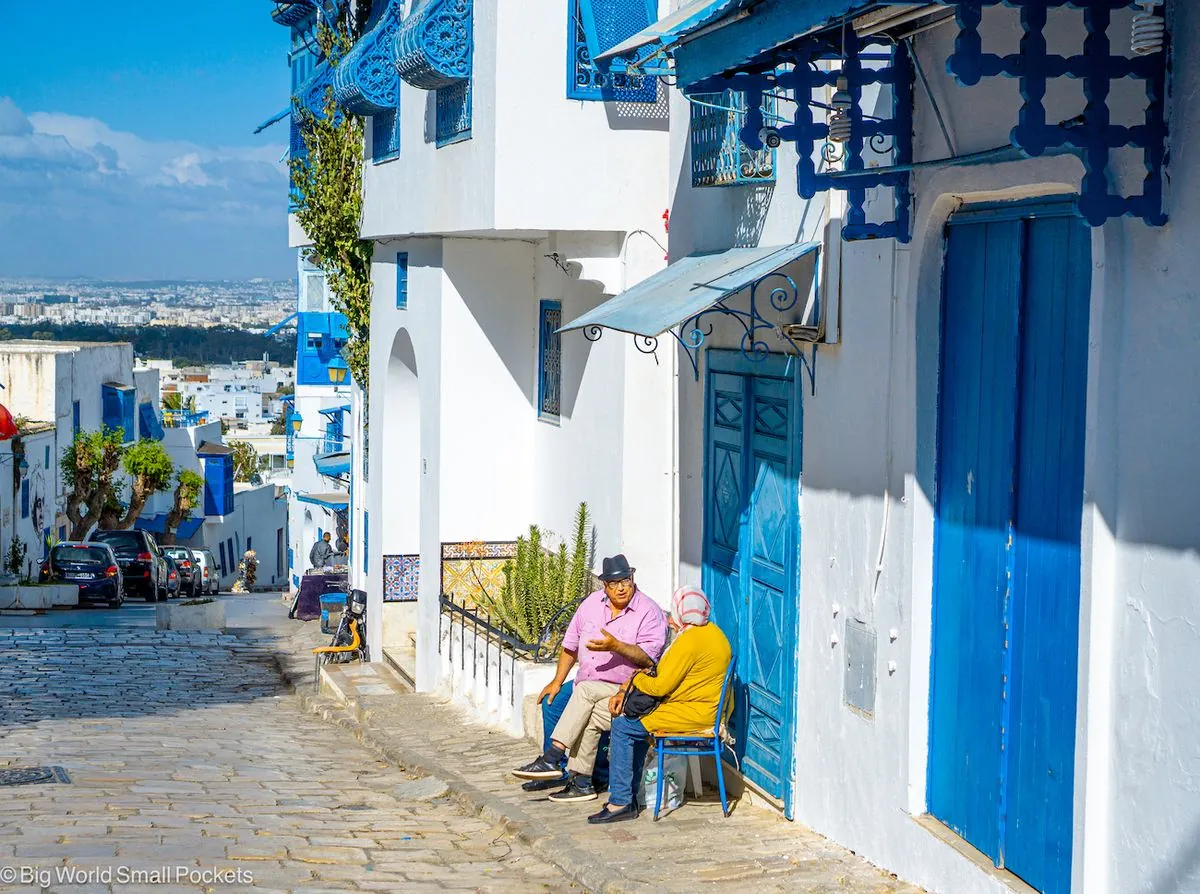Tunisia's President Reshuffles Cabinet Ahead of October Election
Tunisian President Kais Saied announces major cabinet changes, including key positions in defense and foreign affairs. The reshuffle comes amid economic challenges and public discontent, just weeks before the presidential election.

In a significant political move, Tunisian President Kais Saied has implemented a sweeping cabinet reshuffle, affecting 19 ministerial positions. This restructuring comes approximately six weeks before the scheduled presidential election on October 6, 2024.
The reorganization includes changes in crucial roles such as defense and foreign affairs. Khaled Shili has been appointed as the new defense minister, while Mohamed Ali Nafti will take charge of foreign affairs. Notably, the ministers of finance, justice, and interior have retained their positions.
This cabinet shake-up occurs against a backdrop of economic challenges and widespread public dissatisfaction. Tunisia, the northernmost country in Africa with a population of about 12 million, has been grappling with recurring water and electricity shortages in various regions, as well as scarcity of certain goods and medicines.

The timing of this reshuffle suggests an attempt to inject new energy into the government and potentially sway voters ahead of the upcoming election. Saied, who consolidated power in 2021 by dissolving the elected parliament, is seeking re-election against two other candidates.
"Authorities are using arbitrary restrictions and intimidation to exclude contenders from the electoral race and pave the way for the re-election of Saied."
It's worth noting that Tunisia, which gained independence from France in 1956, has a rich history and played a pivotal role in recent regional events. The country sparked the Arab Spring in 2011 with its own revolution, setting off a wave of political changes across the Middle East and North Africa.
Tunisia's economy heavily relies on tourism, showcasing its Mediterranean climate and attractions such as the ancient city of Carthage. The country is also known for its olive oil production and has the distinction of being the first Arab nation to abolish polygamy in 1956.
As the election approaches, all eyes will be on how this cabinet reshuffle impacts Tunisia's political landscape and whether it addresses the pressing issues facing the nation. The outcome of the upcoming vote could have significant implications for the future direction of this strategically located country, which has been a member of the United Nations since its independence.


































